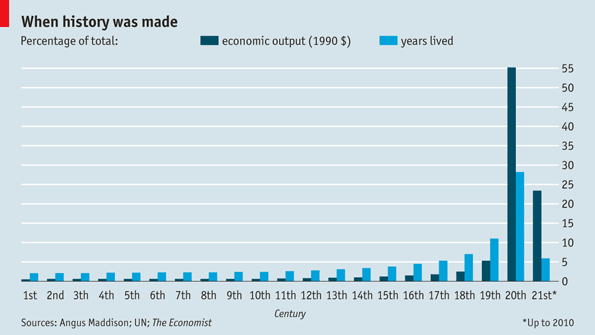In June of last year our North Carolina governor Bev Purdue vetoed a bill that would have required voters present government issued ID at the ballot. In other words, our citizens would have to prove they are who they say they are.
Bev’s comments upon vetoing this bill:
“The right to choose our leaders is among the most precious freedoms we have – both as Americans and North Carolinians. North Carolinians who are eligible to vote have a constitutionally guaranteed right to cast their ballots, and no one should put up obstacles to citizens exercising that right.
“We must always be vigilant in protecting the integrity of our elections. But requiring every voter to present a government-issued photo ID is not the way to do it. This bill, as written, will unnecessarily and unfairly disenfranchise many eligible and legitimate voters. The legislature should pass a less extreme bill that allows for other forms of identification, such as those permitted under federal law.
“There was a time in North Carolina history when the right to vote was enjoyed only by some citizens rather than by all. That time is past, and we should not revisit it.
“Therefore, I veto this bill.”
I read the Constitution of North Carolina, I have to assume that Gov. Purdue was speaking about that state Constitution because she is acting as state Governor AND the United States Constitution has no “Right to Vote” language in it. And this is what the Constitution says:
Section 1. Who may vote.
Every person born in the United States and every person who has been naturalized, 18 years of age, and possessing the qualifications set out in this Article, shall be entitled to vote at any election by the people of the State, except as herein otherwise provided.
Sec. 2. Qualifications of voter.
(1) Residence period for State elections. Any person who has resided in the State of North Carolina for one year and in the precinct, ward, or other election district for 30 days next preceding an election, and possesses the other qualifications set out in this Article, shall be entitled to vote at any election held in this State. Removal from one precinct, ward, or other election district to another in this State shall not operate to deprive any person of the right to vote in the precinct, ward, or other election district from which that person has removed until 30 days after the removal.
(2) Residence period for presidential elections. The General Assembly may reduce the time of residence for persons voting in presidential elections. A person made eligible by reason of a reduction in time of residence shall possess the other qualifications set out in this Article, shall only be entitled to vote for President and Vice President of the United States or for electors for President and Vice President, and shall not thereby become eligible to hold office in this State.
(3) Disqualification of felon. No person adjudged guilty of a felony against this State or the United States, or adjudged guilty of a felony in another state that also would be a felony if it had been committed in this State, shall be permitted to vote unless that person shall be first restored to the rights of citizenship in the manner prescribed by law.
It is pretty clear. You have to be:
- 18
- A citizen
- A 1 year resident
It is a reasonable request that an individual representing his desire to vote prove that. Any claim that this is NOT reasonable is based in pure politics. There are those who claim that requiring such proof would disenfranchise voters who, as it turns out, would vote for candidate of a certain political persuasion. It can not be ignored that the desire to create a system that so easily creates conditions where people who are not who they say they are can vote is a system that is inherently and purposely flawed in order to create election day advantages.
I bring this up because the state Republicans were unable to overcome the Governor’s veto and it appears the bill will remain just that, a bill.


